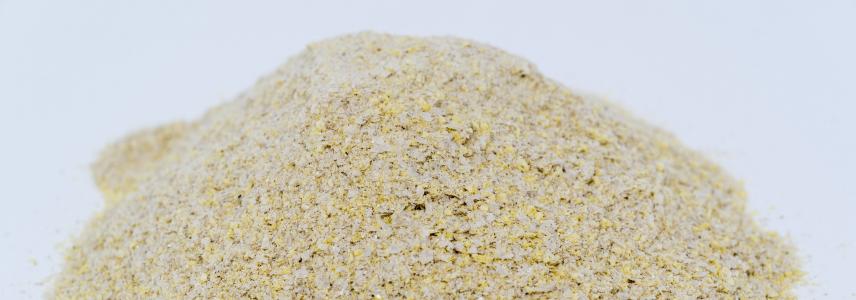Revoked patent creates new opportunities for teff in Europe

For several years, the sale of teff products in Europe was hampered by a controversial patent. This patent has now been successfully challenged in 2 countries, and other markets will follow soon. This is a relief for teff suppliers worldwide that are eager to boost the consumption of this ancient super grain.
In 2003, the company Ancientgrain (previously: Health and Performance Food International B.V.) patented the mixing and ripening of teff flour in the Netherlands. The intellectual property (IP) rights were then extended to the United Kingdom, Italy, Germany, Belgium, Austria, Turkey, France and Spain. This meant that no one in these countries could make, use or sell teff flour or any other food product made from it.
The patent was based on an assumed unique falling number. A falling number is an approved method to measure grain flour quality. This falling number was between 280 and 420 after ripening the grain, or at least 1.01 times higher than at the time of harvesting. This meant the grain could be easily processed into a stable, gluten-free product with an attractive taste and structure. But, storing and ripening teff grain before milling it into flour is nothing new. In Ethiopia, people have been doing this for hundreds of years, if not more. But there, no one has ever measured the falling number.
Revoking the patent
In 2014 the Dutch bakery company Bakels was accused of patent infringement for trying to sell a teff flour mix. In court, they argued that the patent should be invalid because it was not novel or innovative. The patent was revoked in November 2018.
In March 2019, the German law firm Heuking Kühn Lüer Wojtek filed an ‘action of annulment’. This was because the patent holder had not responded to their request to remove the patent rights in Germany. In response to this new potential lawsuit, the patent holder waived the German part of the patent.
In several other countries, including Great Britain, Italy, Belgium and Austria, the patent is still active. Officially, it expires in 2024. However, it will be difficult to enforce the rights in these countries. It may actually expire much sooner. The owner has not paid the administrative costs for its patents since 2019, according to Deutsche Welle (DW) and the lawyer responsible for revoking the German patent. The patent holder admitted to the Dutch newspaper Trouw that it no longer enforces its IP rights in the remaining countries.
New opportunities for teff suppliers
Due to the recent legal developments, the European market is opening up for teff. There will be more opportunities to start new supply chains and develop products with teff. This is good news for teff suppliers worldwide that want to reach European consumers of ancient grains and gluten-free food. The CBI study on exporting teff to Europe describes the main opportunities for this little super grain.
This news article was written for CBI by ICI Business.
Stay informed
To stay informed on the latest developments in the grains, pulses and oilseeds sector, make sure to subscribe to our newsletter.